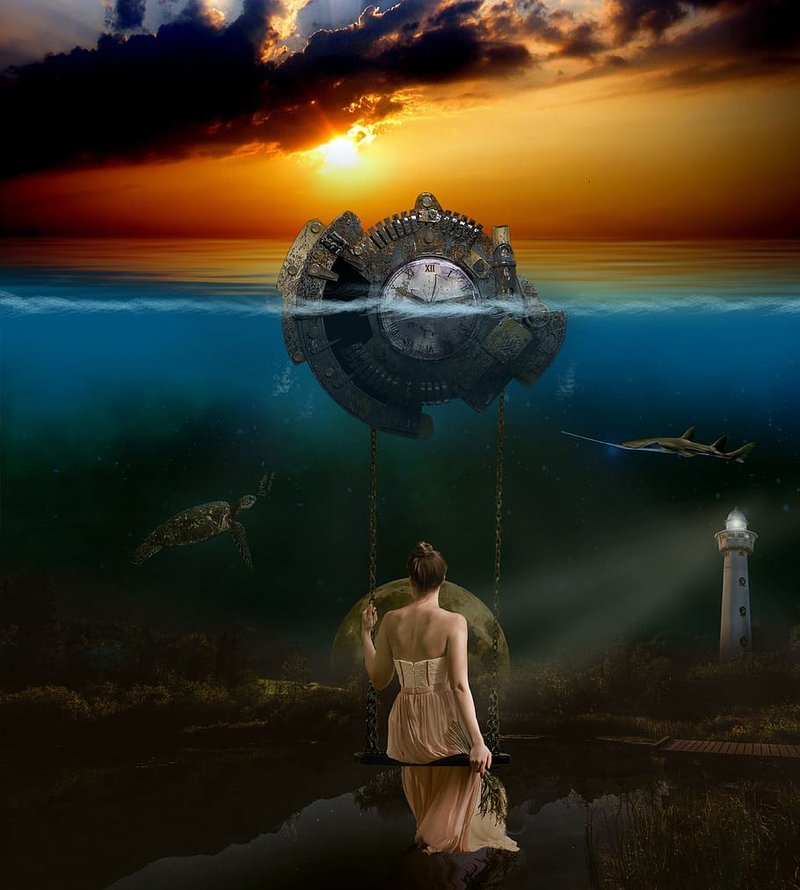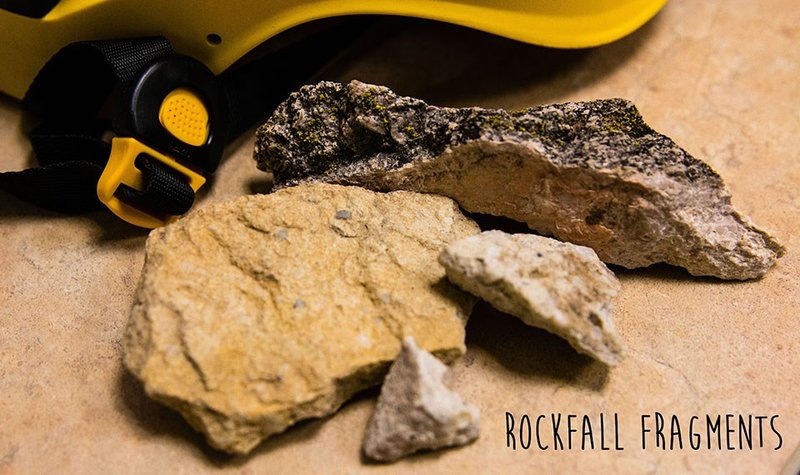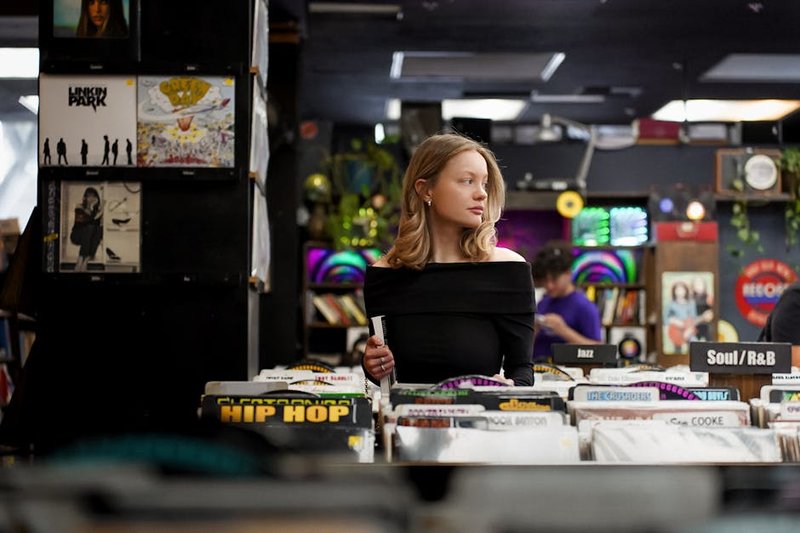I’m falling through layers of consciousness, each one thinner than the last. The hospital ceiling tiles become clouds, become membranes, become nothing at all. My chest tightens—not with pain, but with an awareness so acute it might as well be physical. This is how it always begins.
The cardiac monitor beside me transforms into a metronome, its steady beep-beep-beep now counting not my heartbeats but the passage of time itself. How strange that we measure life this way—in mechanical intervals, in rhythmic certainties, when nothing about existence is certain at all.
“Most of us fear death,” whispers a figure sitting at the foot of my hospital bed. Their face shifts between features I recognize—my father’s eyes, my childhood friend’s smile, a stranger from yesterday’s bus ride. “While a small number pay no mind to it.”
I try to respond but find my mouth filled with tiny clockwork gears. When I spit them into my palm, they arrange themselves into words: EVERYBODY DIES.

The room expands suddenly, walls peeling back to reveal a carnival. My bed becomes a carousel horse, and I’m riding it through midways lined with fun-house mirrors. Each reflection shows a different version of myself—younger, older, never born, long dead. The cardiac monitor’s beep follows me, now the soundtrack to this bizarre procession.
“Getting older,” says the shifting-faced figure, now perched on a neighboring horse, “you start grappling with feelings associated with death and how to contemplate life itself.”
I notice people on the midway laughing without smiling—their mouths open in mechanical mirth while their eyes remain vacant. “They’re going through the motions,” I tell my companion. “Living without being alive.”
The carousel spins faster. Colors blur. My chest tightens again, but this time it’s familiar—the pressure of existence itself, the weight of knowing.
“We’re all on a joyride with the pale horse,” says my companion, their face finally settling into my own. “The real question isn’t when we’ll die, but how we’ll live until then.”
The carnival dissolves, replaced by a vast desert. The monitor’s beep becomes distant thunder. I stand before a gallows, but instead of rope, there hangs a mirror. In it, I see myself, but with a slight difference—this version of me has a genuine smile that reaches the eyes.
I reach toward the mirror, and my reflection reaches back. Our fingertips touch, and the glass shatters—not violently, but like water disturbed by a stone. The pieces float upward, each reflecting a fragment of my life: childhood birthdays, first kisses, quiet moments of solitude, shared laughter with friends.
“The nuance of mortality,” I whisper to myself, understanding now. “It’s not about fearing death or ignoring it. It’s about holding both awareness and joy simultaneously.”

The fragments reassemble, not as a mirror but as a door. Behind it, I hear music—guitars with palm-muted chords and hooks that nestle in the mind. The beating of my heart synchronizes with the rhythm.
As I step through the door, I find myself back in the hospital room, but transformed. The ceiling tiles are still tiles, but they pulse with life. The monitor still beeps, but it’s a reminder rather than a sentence. My chest still feels tight, but now I recognize it as the sensation of being fully present.
The figure with my face sits in the visitor’s chair, smiling—genuinely this time.
“This is what it means to stare down fate with an ear-to-ear smile,” they say. “Not because we’ve conquered death, but because we’ve learned to live alongside it.”
I awake to the sound of my own breathing, the dream already fading. But the understanding remains: between the first beat of our hearts and the last lies everything that matters—the joyride, the carnival, the desert, the music. All of it worth the price of admission, even knowing how the show ends.



